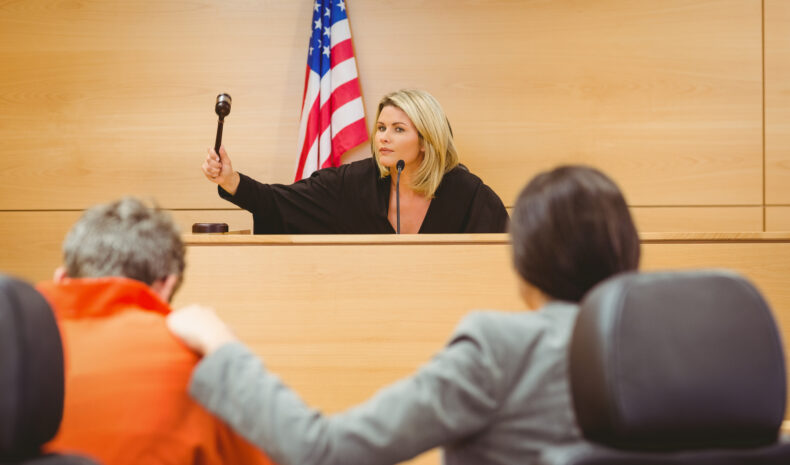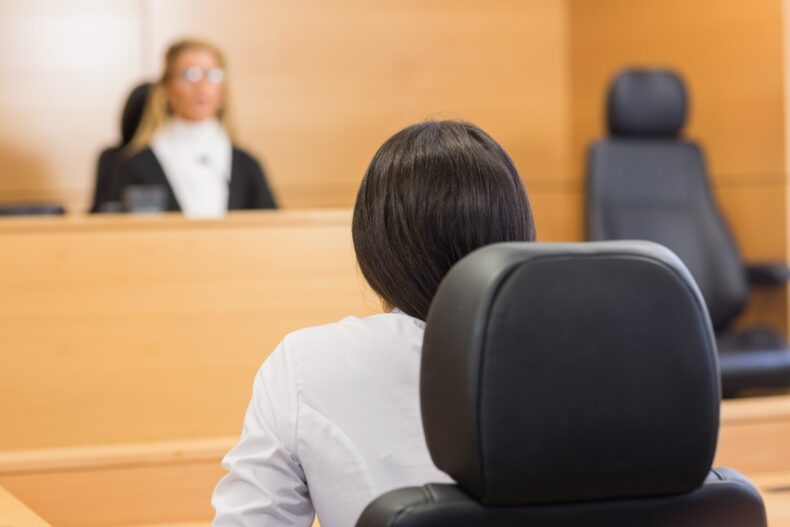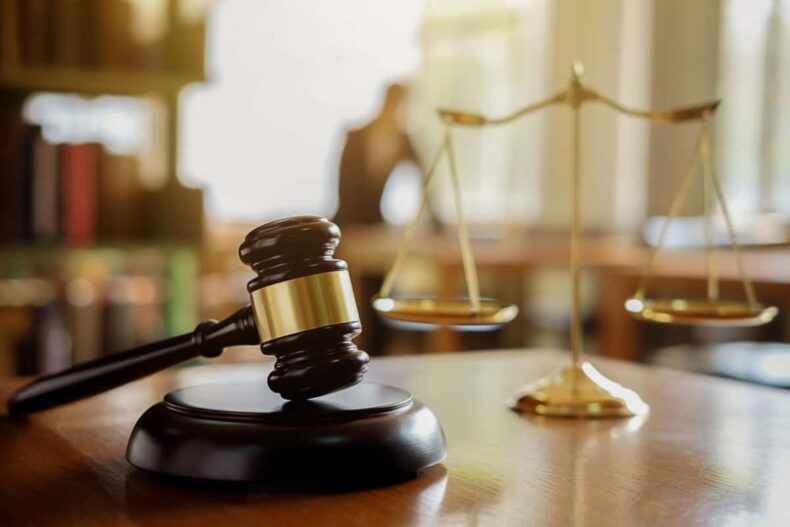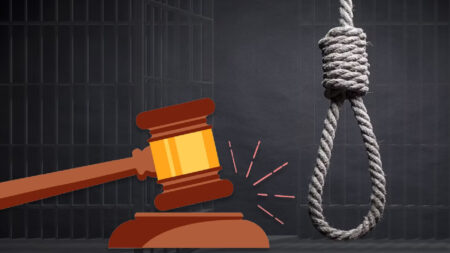Settling has its advantages. It provides quicker compensation that can help cover medical bills and lost wages without enduring a lengthy trial process. However, settling also means closing the legal case, so the full facts may not come to light if evidence collection isn’t complete.
Going to trial allows all relevant information to be presented to a jury. This can result in a verdict based on a comprehensive understanding of the incident. But trials require significant time commitments and there is naturally uncertainty in letting a jury decide the outcome.
The best approach is to take your time and consult with a professional first. If you are looking for a personal injury lawyer, visit this website. That person will analyze the whole case and tell you if settling is a good idea.
Now I will share a detailed analysis that will help you make the right decision.
Understanding Trials

Essentially, a settlement is when you and the other side cut a deal without having to go through all the hassle of a trial. The injured person, along with whoever caused the injury’s insurance company, will try to hash out an agreement between themselves on what gets paid out.
It’s a negotiation process where both sides communicate, usually with their lawyers acting as middlemen, to find a solution they can live with. By coming to an understanding without legal proceedings, the case doesn’t have to drag on for months or years in court like trials sometimes do.
Since you’re working it out directly with the insurance company rather than fighting it in front of a judge and jury, settlements can get wrapped up much quicker overall.
Advantages
- Speed and Getting It Done – Settling usually gets you your money faster than battling it out in a long court trial. Negotiations can wrap up in a matter of weeks or months versus waiting years for your day in court, which lets you start healing and moving forward sooner.
- Control and Knowing What to Expect – When you settle, you get more say in the end result. You agree on a specific dollar amount that’s your guaranteed payment rather than leaving it up to chance with a jury. Knowing with certainty what you’ll get eases your mind and lets you plan your future better.
- Less Money Spent – Trials drain your savings with legal fees, paperwork fees, and other costs. Settling means less red tape and less time the lawyers have to bill you for, so you walk away keeping more of what’s yours in your pocket.
- Break from the Stress – The process of litigation piles on anxiety like nobody’s business. It’s taxing mentally and emotionally to testify in court, get grilled by the other side, and deal with delays. Settling spares you from all that strain and lets you breathe easier.
- Your Privacy – Settlements are secret deals just between you, whereas trials are out in the open for anyone to see. Some folks value their privacy and don’t want their personal business splashed around. Settling keeps things on the down low.
Downsides
- Could Leave Money on the Table – Settling often means settling for less cash than you might get before a jury. The other side may low-ball you, knowing you can take the quick payoff or roll the dice in court. Taking the bait means giving up the chance at a fatter check.
- No Admitting Fault – In many settlement deals, the party that caused your suffering doesn’t have to say the words “I’m sorry.” That can bug some who want a formal apology.
- Deal’s a Deal – Once you sign on the line, no take-backs. If more injuries pop up or expenses come to light later, you’re out of options. The case is closed for good.
So What Happens at a Trial?

Basically, a trial is when you get your day in front of a judge and jury to state your case after you and the other involved parties couldn’t work things out between yourselves.
Both sides will present their evidence – documents, photos, witness statements, whatever they’ve got. They each get their turn to lay it all out there and make their arguments for why they should win.
Once all the info is out in the open, the jury then has to use what they heard to make some decisions. This group of regular people has to listen carefully to everything and decide who they think is telling the truth and who’s in the right.
If they rule in your favor, they also need to agree on what kind of monetary compensation is fair.
Advantages of Going to Trial

Seek Higher Compensation
Standing before a jury lets them hear your road’s whole story. Their ruling could fetch funds fitting damages beyond repair. If evidence shows deep hurt, they’ve the power to grant relief matching each painful inch of the way.
Find Who’s to Blame
The courtroom gives a platform declaring whose hands steer this hard course. Should twelve good folks agree cause led down yours, their verdict names the drift so all see plain. Some find solace in knowing the culprit called to the task before the community’s eyes.
Leave route for appeal
Yet should the trial turn away justice, another hearing waits down the line. If first stand prods doubt that fair say held sway, new date lets case shine cleaner light for viewing. A second look could swing the case your way, should first see errors clouding true sight.
Disadvantages of Taking it to Trial

The long row
Trials drag their slow plow through months, sometimes years till the gavel falls. All that time, bills pile waiting for harvest while your health and life stand fallow. The delay itself spells its pound of hurt apart from the injury’s initial sting.
Costly endeavor
Defending your value against dispute demands skilled guides well paid for services. Expert witnesses too must tell their piece, and their words come dear. Should loss result in the end, money and time vanish without yield or redress?
Last Words
You need to think about your priorities – is an efficient resolution more important than potentially higher compensation down the line? Only you can weigh factors like finances, health, and personal goals to pick the best path for your situation.
It’s a big decision that requires carefully considering all angles. Making the call yourself after an open discussion with your attorney ensures you choose the approach that feels right given your unique circumstances following the accident.













